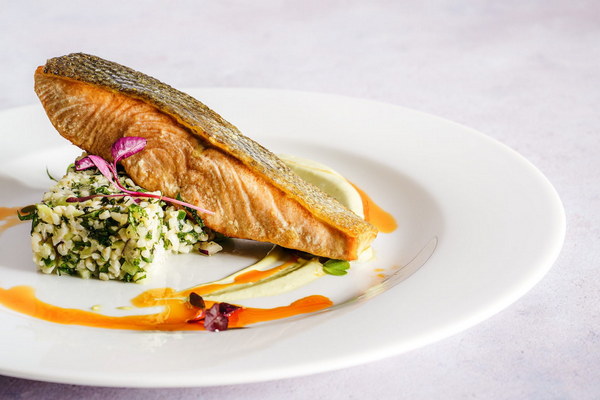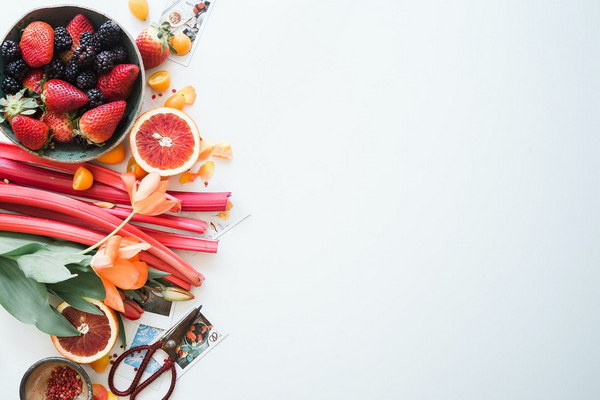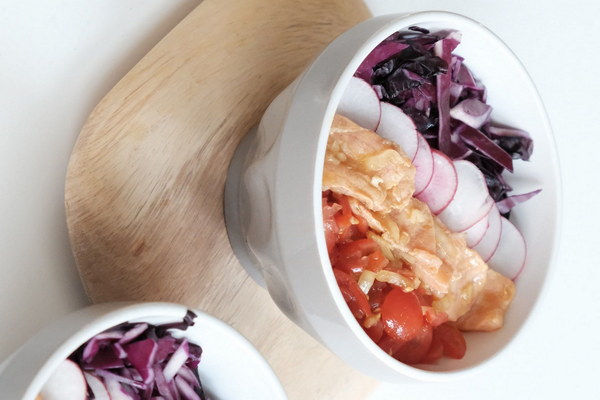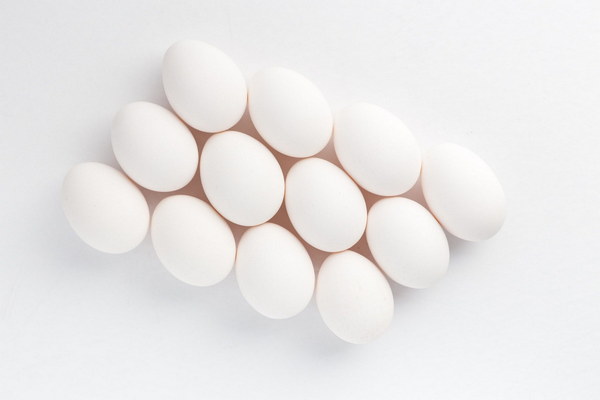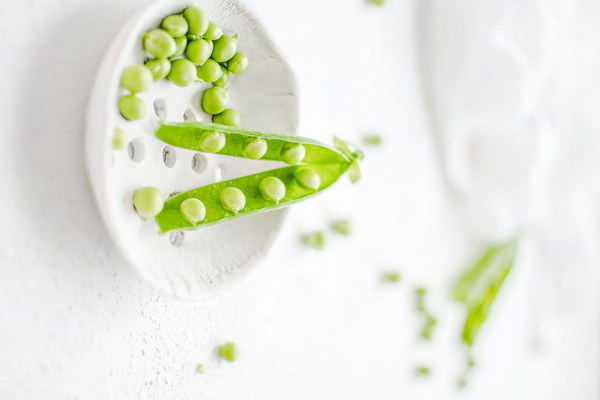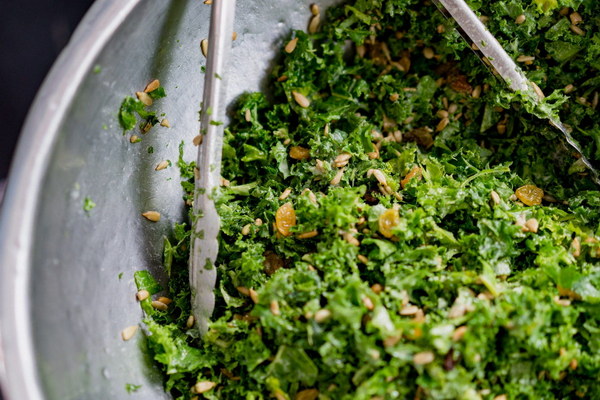Herbal Ingredients for Nourishing Kidney Yin A Guide to Traditional Wine Infusions
Herbal Ingredients for Nourishing Kidney Yin: A Guide to Traditional Wine Infusions
In traditional Chinese medicine, the concept of balancing the Yin and Yang within the body is fundamental to maintaining health. One of the key areas that this philosophy focuses on is the Kidney Yin, which is believed to be the foundational energy that supports growth, reproduction, and fluid balance in the body. To nourish and strengthen Kidney Yin, traditional medicine often employs a variety of herbal ingredients that are infused in wine. This method not only enhances the bioavailability of the herbs but also adds a delightful flavor to the final product. Below is a guide to some of the most commonly used herbal ingredients for kidney Yin nourishing wine infusions.
1. Rehmannia (Shu Di Huang)
Rehmannia is a well-known herb in Chinese medicine for its Yin-nourishing properties. It is often used in wine infusions to replenish the Kidney Yin and to support the body's overall energy.
2. Dendrobium (Shen Nong's Pill)
Dendrobium is a cooling herb that is believed to nourish the Kidney Yin and improve eyesight. It is often included in wine infusions for its ability to reduce fatigue and enhance vitality.
3. Cornus (Shan Zhu Yu)
Cornus is another herb that is highly valued for its Kidney Yin nourishing properties. It is often used to tonify the kidneys and to support the reproductive system.
4. Schisandra (Wu Wei Zi)
Schisandra is known for its adaptogenic properties and is often included in kidney Yin tonics. It is believed to protect the liver and improve overall vitality, making it a popular choice in wine infusions.
5. Codonopsis (Dang Shen)
Codonopsis is a traditional herb that is used to boost the immune system and nourish the body's vital energy. It is often combined with other herbs to enhance the Kidney Yin's nourishing effects.
6. Astragalus (Huang Qi)
Astragalus is a well-known herb for its immune-boosting properties. While it is more commonly associated with Yang tonification, it can also be used in small doses to support Kidney Yin when combined with other Yin-nourishing herbs.
7. Polygala (Yuan Zhi)
Polygala is used in Chinese medicine to nourish the heart and calm the mind. It is also believed to help nourish the Kidney Yin and improve sleep quality.
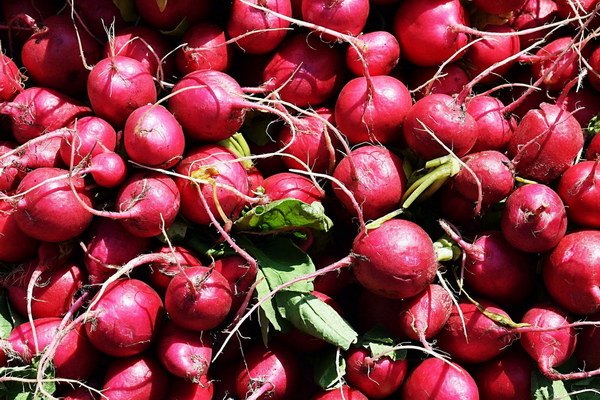
8. Lycium barbarum (Gou Qi Zi)
Lycium barbarum, also known as Goji berries, is a popular herb that is used to nourish the Kidney Yin and improve vision. It is often included in wine infusions for its sweet and slightly bitter flavor.
Preparation of Kidney Yin Nourishing Wine Infusion
To prepare a kidney Yin nourishing wine infusion, follow these steps:
1. Select the Herbs: Choose the appropriate herbs based on your specific needs and consult with a healthcare provider if necessary.
2. Prepare the Wine: Use a good-quality, dry red wine, as it is believed to have the best compatibility with the herbs.
3. Infuse the Herbs: Place the herbs in a clean glass or ceramic container. Pour the wine over the herbs, ensuring they are completely submerged.
4. Seal the Container: Cover the container securely and store it in a cool, dark place.
5. Infuse: Allow the herbs to infuse in the wine for a minimum of 2 weeks, shaking the container periodically.
6. Strain and Serve: After the infusion period, strain the herbs from the wine. The strained wine can now be consumed as a daily supplement, typically 1-2 ounces, depending on personal preference and dosage recommendations.
It is important to note that while herbal wine infusions can be beneficial for those looking to nourish Kidney Yin, they should be used under the guidance of a healthcare provider, especially if there are pre-existing health conditions or if one is taking other medications. The use of these herbal remedies should always be approached with caution and within the context of a balanced and individualized health care plan.
